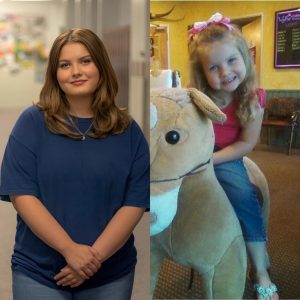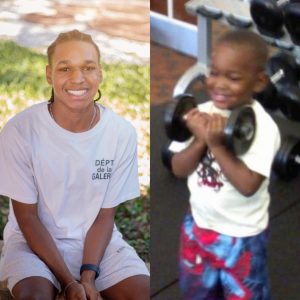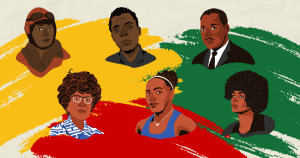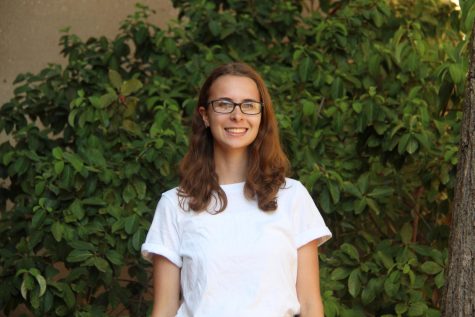Election season grips voters
The new Texas ballot has several consequences voters may care about.
November 11, 2019
It is election season, and Texas citizens have participated in voting this month, including 10 propositions on Nov. 5.
“The 10 propositions were the only issues voted on statewide,” Office Administrator of Collin County Elections Cheryl Gorena said.
The propositions are amendments to the state Constitution that have been proposed by the state legislature. As of 2017, the current Texas Constitution has been amended 498 times.
“The constitution says that Texas citizens must vote on the propositions before they can officially become amendments,” government teacher Jennifer Morbitt said.
All but the first proposition were passed by a majority vote of Texas citizens. Many of them included decisions about taxes. The biggest was the fourth proposition, a proposal concerning the idea of an income tax in the state of Texas that faced slight controversy among voters.
The issue arose from how the proposition was presented on the ballot to voters. The official statement on the ballot was as follows: “The constitutional amendment prohibiting the imposition of an individual income tax, including a tax on an individual’s share of partnership and unincorporated association income.”
The wording led to some confusion among voters. When read, a few people interpreted it to mean that voting “yes” would support a state income tax, something that is widely disapproved of by Texans.
However, that is not the case. The implementation of Proposition Four makes it even more difficult for the state to impose an income tax. So in reality, voting “yes” meant that people chose to help prevent the government from imposing a tax.
“The income tax proposition was actually kind of unnecessary,” Morbitt said. “It is already really difficult for the state to impose an income tax as it is.”
Despite some confusion, however, the proposition passed by an overwhelming 74.41 percent, according to ballotpedia.org.
Many seniors are turning 18 this year, meaning that they are becoming old enough to vote in elections like the one that just occurred. Morbitt hopes that they will be able to make decisions that they think will benefit themselves.
“It’s important for young people to start with a knowledge of government and politics when voting instead of just going in and pushing buttons,” Morbitt said.
While some students might not be very familiar with politics, there are also those who were raised with certain political opinions.
“There are some parents who push their kids straight into political activism from a very young age, so they don’t really understand what they’re supporting until they are older,” government and psychology teacher Alex Marbukh said.
According to Morbitt, even the activities students participate in can affect how they vote as adults.
“The things that they do can influence their decisions on what they want their tax money to go towards, and I think that’s important,” Morbitt said.











